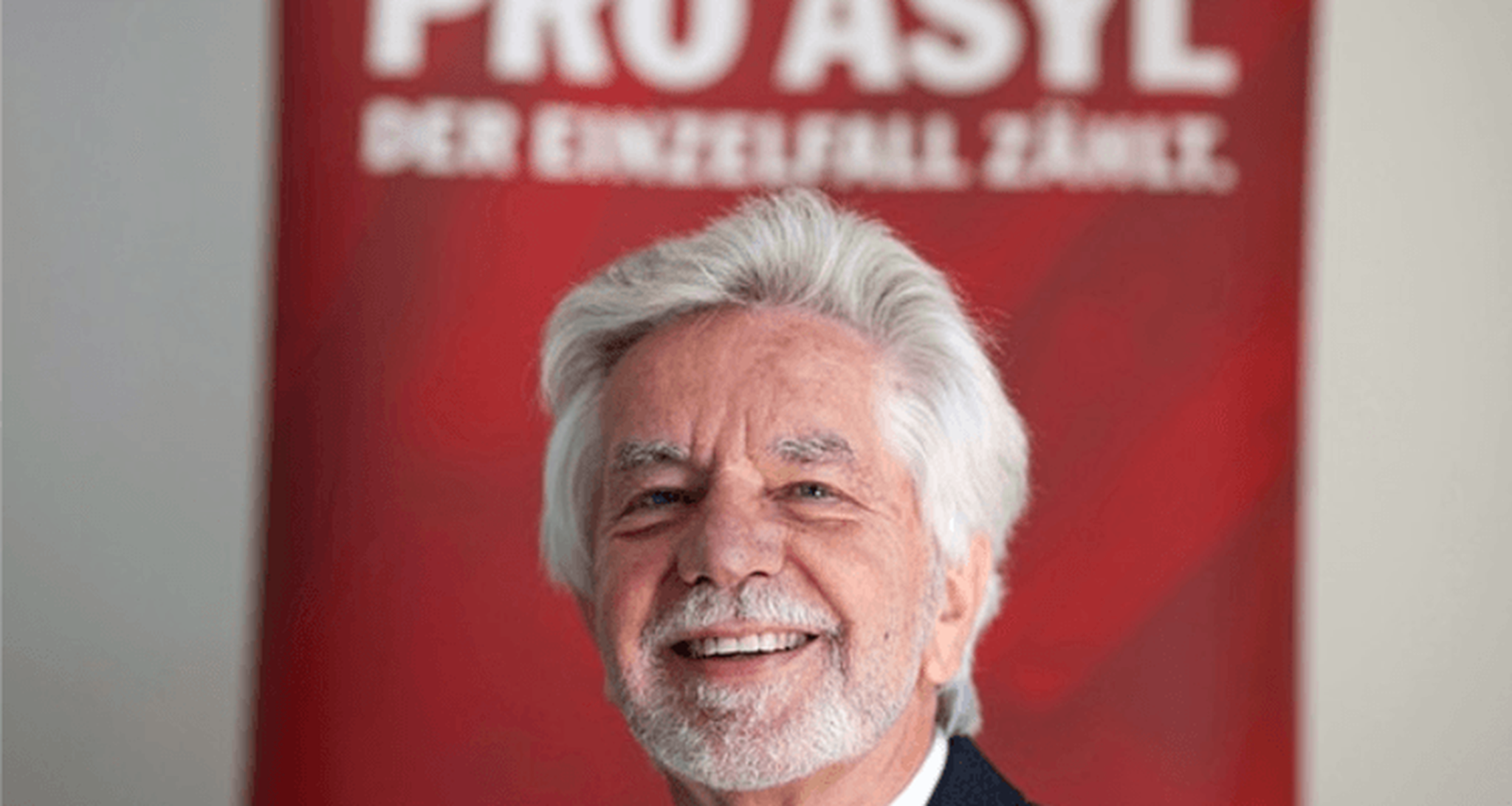
Photo: Pro Asyl co-founder Jürgen Micksch, source: www.br.de
The German refugee support organisation Pro Asyl is celebrating its 30th anniversary this month. The organisation was founded in 1986 by a coalition of asylum centre advisors, church representatives, trade unionists, humanitarians and human rights campaigners. Through means of analysis, legal reports, surveys, lobbying and European networking, Pro Asyl takes part in public and political discussions, as well as helping refugees individually in situations in which they need practical support.
In an interview with Berliner Zeitung, Pro Asyl co-founder Jürgen Micksch talked about why the organisation was founded, and what challenges the movement is facing today.
“In 1985, a racist mood was prevalent in Germany against refugees, even though back then not nearly so many asylum seekers were coming to Germany as today.” According to Micksch, this kind of mood didn’t come from real facts, but rather from people’s perceptions, which he compares with the current success of Alternativ für Deutschland, the rightwing populist party which has performed strongly in regional elections this year. “We wanted to give refugees a voice. Unlike now, there were hardly any groupings back then who were committed to [supporting] refugees.”
The organisation now counts over 21,000 among its membership. In the Berliner Zeitung interview, Micksch comments on the “unbelievable” achievement of the organisation and wider movement over the last year, when asylum policy became a central topic in Germany’s political discourse. However he warns against complacency in the face of rising rightwing populism and hostility to refugees: “Through the [political] debates in recent months, a violent mood has developed in sections of the population. In the last year we had thousands of attacks on refugee accommodation. That is a catastrophe.”
Pro Asyl has been an official supporter organisation of the UNITED network since 1997.

